 |
Le Bon Marche by Felix Valloton
The Parisian store which inspired The Ladies' Paradise |
This is a post I've published years ago, when reading
The Ladies' Paradise for the first time (unfortunately I didn't review it at that time). Now I'm rereading it, this post came back to me, and I thought it quite proper to re-post it.
=======
Reading
Zola’s
The Ladies’ Paradise gives me certain excitement which I have never
encountered before from Rougon-Macquart series that I have read so far—it is
the
business aspect. The growing
expansion of Octave Mouret’s first modern department store in Paris has awakened
my own business instinct which has grown from my more-than-twenty-years (update: now thirty) of
working in trading business.
This is not
a proper review of the book (for I am still half through it at the moment), but
I was intrigued to give my personal advice to one of the shop owners whose
business is threaten to be ruined by the ever expanding Ladies’ Paradise.
Old Bourras
owns an umbrella shop. He used to have employees worked for him, and his specialty
is carving the handle-knob with artistic
subjects, which, I believe, gives his umbrellas a personal touch. But then Ladies’
Paradise opened its umbrella and sunshade department, selling umbrellas in much
cheaper prices, and stealing Bourras’ loyal customers away. It gave old Bourras
a terrible blow, but, does it really have to end that way? I personally do not
think so.
If I were in
Bourras’ place—instead of spending my passion and energy with condemning the department
store, or by wasting my capital to compete with it—I would offer an attractive
scheme of partnership to Mouret. I would persuade Mouret to sell my umbrellas
IN his department store. Oh, Mouret would certainly laugh at me... at first:
Mouret: “What?
Buying umbrellas from you, while I could buy from our manufacturers in larger
quantity and with much cheaper price? How do you think your umbrellas could
compete with ours?”
But I would
calmly smile to him, and say: Me: “Of course not, sir. I know I won’t be able to
compete with your big store, if I sell the SAME umbrellas as yours.”
Mouret
(still chuckles): “What do you mean? Umbrella is umbrella; people buy it to
shade themselves from sunlight or rain. If they could get ours cheaper, why on earth would
they pick yours?”
Me: “But
what I am offering you now, sir, is not the same product that you are selling
in one of your departments.”
Mouret (his
business instinct being awaken): “Go on...”
Me: “You
see, sir, I am more an artist than a businessman. You might say that I sell
umbrellas, but for me, these umbrellas are my artworks. I love carving, and it
gives me utmost happiness to sit in my quiet shop, carving the handles with
beautiful subjects: flowers, animals, fruits, etc. I’m happy to see that my customers
love them, and it gives them satisfaction, knowing that their umbrellas were
carved specially for them. And, of course, in the end it gives me money to buy
my bread and lodging.”
Mouret: “So,
you were saying that…”
Me: “Yes. I am offering you a new concept of umbrella. It’s not just means of
shading one from sun and rain. Umbrella can be a fashionable item. Just imagine
a luxury umbrella with finely carved ivory handle and elegant design, in the
hand of a charming lady on a rainy day outside The Opera. The lady’s friends
would have adored it, and the lady would answer proudly: ‘Oh, I have ordered it
at The Ladies’ Paradise the other day. They allow us to choose our own design, you
know, and pick our own subject to be carved on the handle!’ And soon enough,
these ladies will queue up to order such elegant personalized umbrellas at your
store, sir!”
Mouret (now quite
bought up by the idea): “But how can I be sure that you won’t sell it with
cheaper price to other stores, or even worse, directly to my customers?”
Me: “I am
ready to grant you an exclusive right to sell my umbrellas at whatever price
you believe is most profitable, if you consent to appoint me as your sole
supplier, and buy my products at reasonable price. I put my trust on your
lawyer, sir, to issue the contract which I would be proud to sign to bind our
partnership.”
Mouret
(amazed and curious): “Do you realize, M. Bourras, that if we had this
partnership as your idea, your income will not significantly improve? Because producing
personalized goods is different from mass production. In the end, your business
will not profit much more than it is now. It would certainly profit The Ladies' Paradise, but
what will it do for you?”
Me: “Dear M.
Mouret, I have told you earlier, that I am no businessman. With this
partnership, I will earn enough money for my business to keep going, and a humble
living for myself. But mostly I will have pleasures from making beautiful
umbrellas. It’s all what I need in this world.
So…. do we
have a deal?”
-----------
In a new
turbulence era, we better face the changes with open mind. It is good to keep our
principles, but do not let it bar our judgment. Creativity is the key, and
always find a win-win solution! When a huge power dominates our society (in
this case capitalism), don’t fight back! Or else it will crush you mercilessly.
Open mind and creativity will give us better bargaining position.
If only I
can get into the story, and give my advice to old Bourras! But then…. It will
alter the story. And considering what Zola wanted to say with his
Rougon-Macquart series, I think I’d better return to my book and enjoy it. Pardon, Monsieur Zola, for indulging my imagination for a moment in this post! J
==========
What do you think?
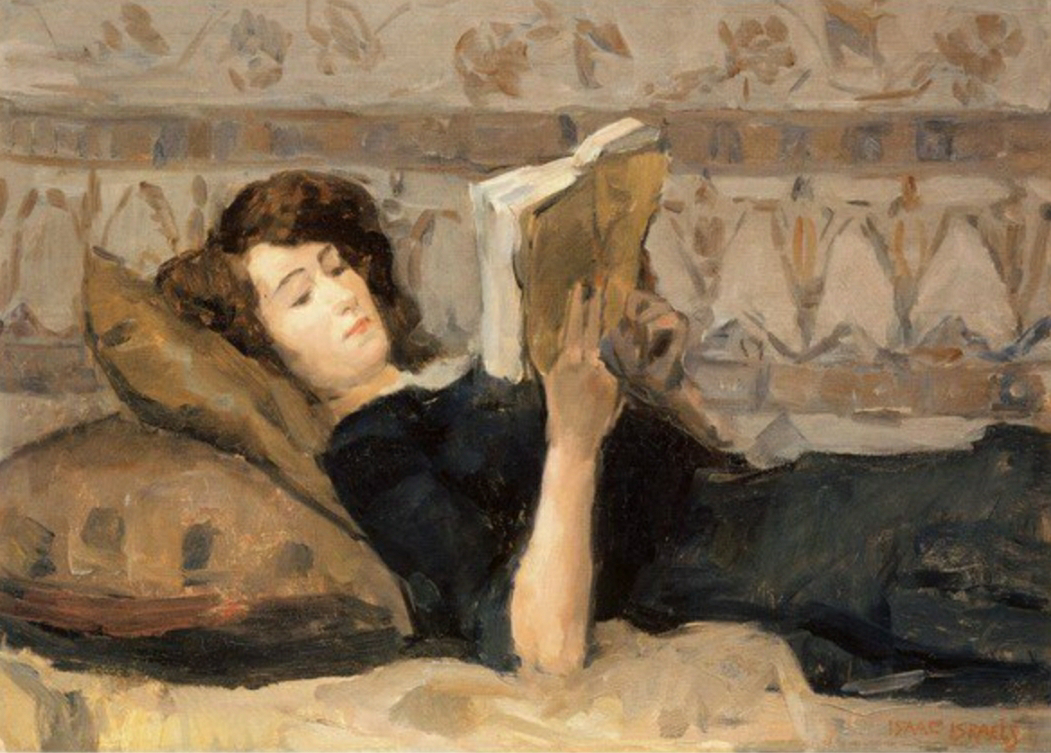

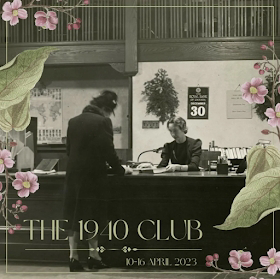

















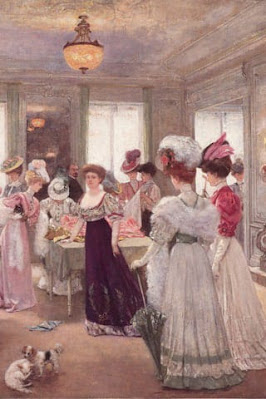
.jpeg)


.jpeg)











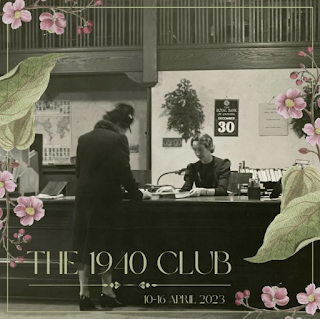
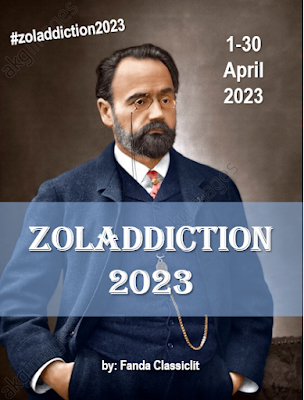
.jpeg)

.jpeg)


